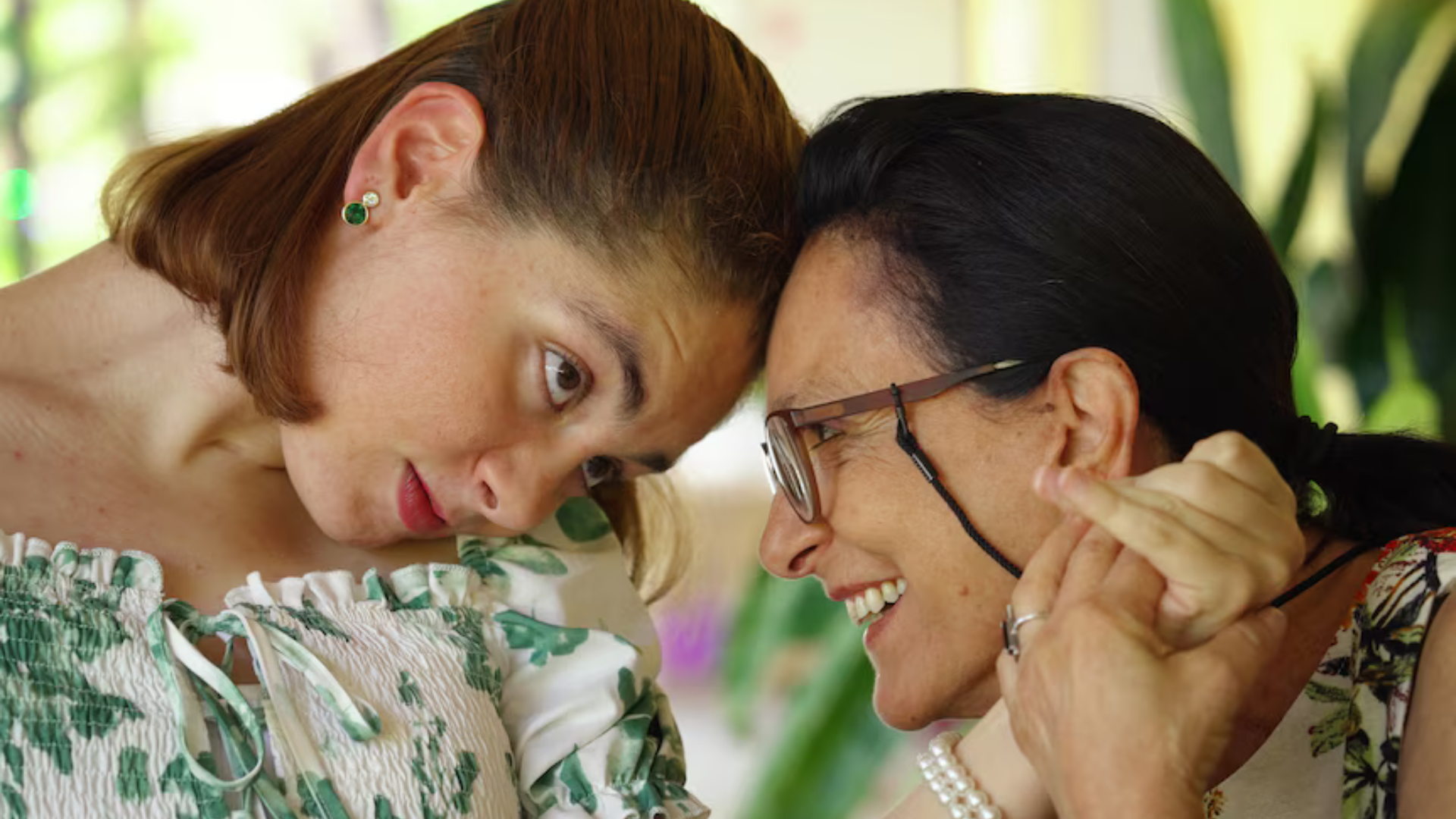People with disabilities in remote and regional parts of the Northern Territory have opened up about their struggle to access support from the National Disability Insurance Scheme (NDIS).
In an interview with ABC News, Helen Pachos detailed how her 30-year-old daughter Christina suffered a traumatic brain injury when she was 18 years old. Today, Christina can’t walk and uses subtle movements to communicate.
Helen spent the first five years looking after her daughter’s needs at home in Darwin, before she applied for the NDIS.
After a year-long wait for Christina to be assessed, she was given access to two full-time carers and a team of specialists. She can now eat, drink and stand, and has been weaned off antidepressants.
Last year, the Pachos family received a letter notifying them that Christina’s carer support would be reduced by half.

Helen said she spent hours on the phone to people interstate and after months of frustration, engaged an advocate who managed to have Christina’s funding restored.
Despite this, Helen is exhausted by navigating the bureaucracy of the NDIS, and worries about her daughter’s future.
“We were celebrating [Christina’s] improvements but, in some respects, we felt that was working against us,” she told ABC News.
Christina’s advocate and the founder of Focus-A-Bility, Robyne Burridge, said Christina’s experience wasn’t unique. She wants to see greater government investment in face-to-face services in remote and regional Australia.
Source: ABC News.
